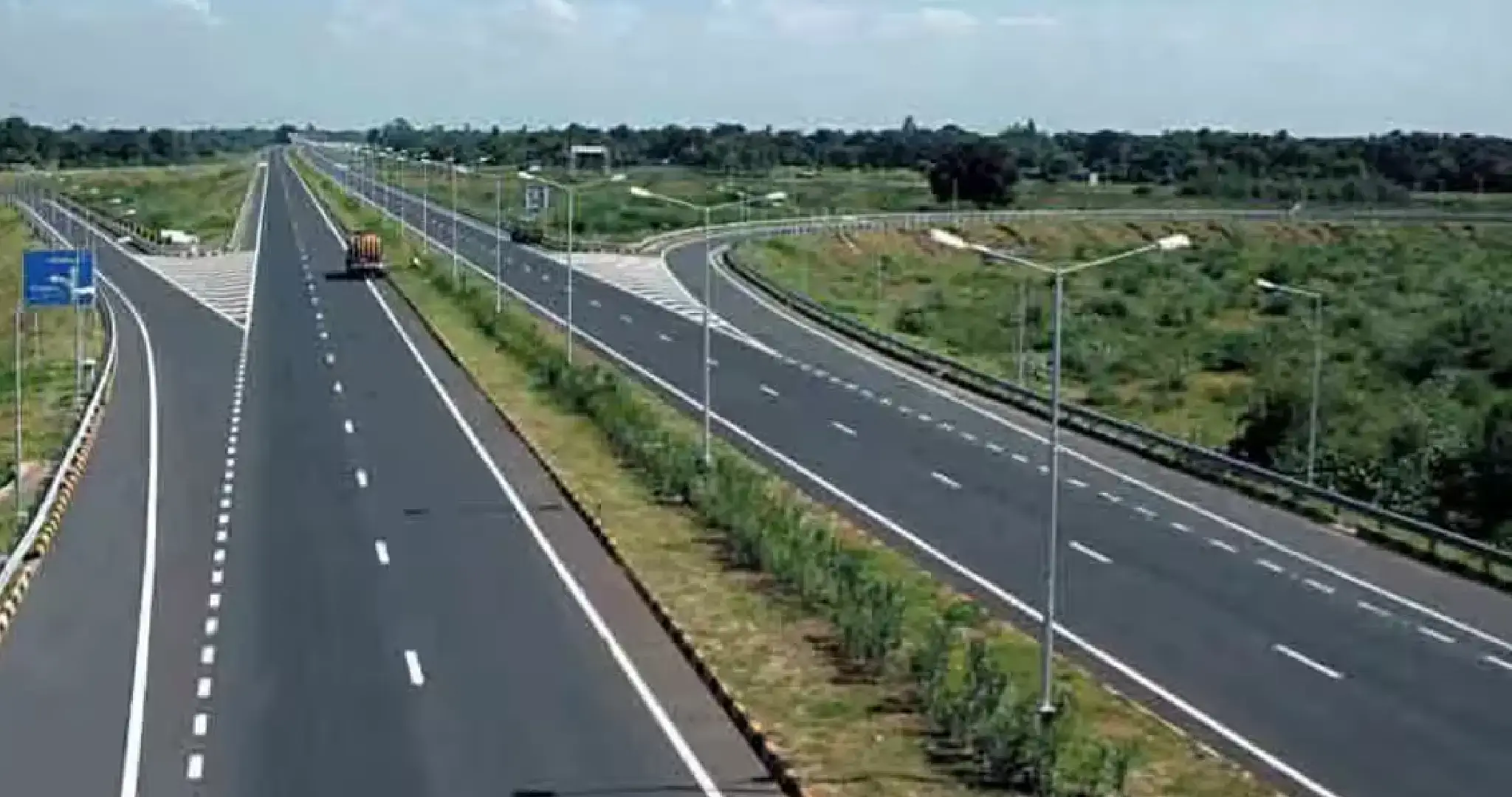Noida-Faridabad Yamuna Bridge Project: A Major Boost for NCR Connectivity
The Haryana government has given the green light to a transformative infrastructure project – the construction of a 550-meter-long Yamuna bridge. This crucial link will directly connect Noida Sector 168 with Faridabad’s Lalitpur village as part of the broader 56-kilometer Faridabad-Noida-Ghaziabad (FNG) Expressway. Initially announced almost 30 years ago, the project is now set to be completed by 2027 at an estimated cost of Rs 460 crore.
A New Era for Commuters
Every day, approximately one lakh commuters rely on the Noida Expressway, a route notorious for its severe congestion that effectively adds an extra 32 km to their journey. The new Yamuna bridge promises to dramatically cut travel time between Noida and Faridabad—from over an hour to just 30 minutes—providing much-needed relief and enhancing daily mobility in the region.
Collaborative Approach and Project Breakthrough
Reviving a Long-Stalled Vision: The FNG Expressway project, first announced in 1998 with an initial cost of Rs 1,000 crore, has faced multiple setbacks over the decades. Resolving the funding dispute over the Yamuna bridge has reinvigorated progress on this crucial infrastructure project.
Shared Financial Responsibility: After prolonged delays due to funding issues and land acquisition hurdles, Haryana’s Minister for Urban Local Bodies and Civil Aviation, Vipul Goel, announced that Haryana will now cover 50% of the project cost, aligning with Uttar Pradesh’s share. This collaborative funding model marks a critical breakthrough.
Detailed Status of the FNG Expressway
- Segmented Progress:
- In Noida, 11.6 km of the 23 km stretch has been completed.
- The remaining 12.1 km, estimated at ₹1,314 crore, includes vital segments such as:
- A 650-meter elevated road in Chhajarsi (₹61 crore).
- A one-lane stretch near Sorkha village.
- A 200-meter section near Sector 143 in Shahadra, which faced delays due to land disputes.
- An elevated road over the Hindon, pending irrigation department approval.
- An underpass at the intersection of the FNG and Noida Expressway.
Impact and Key Benefits
1. Enhanced Connectivity and Reduced Commute Times
- Direct Link: The new Yamuna bridge will significantly shorten travel distances, directly connecting key urban areas.
- Time Savings: Commuters will see travel times reduced by nearly 50%, easing the daily burden and potentially improving overall productivity.
2. Economic and Real Estate Uplift
- Property Value Appreciation: Improved accessibility is expected to boost real estate values in Noida, Faridabad, and surrounding areas, making them more attractive for both residential and commercial investments.
- Business Growth: Enhanced logistics and smoother traffic flow can foster a conducive environment for businesses, potentially leading to job creation and economic expansion.
3. Infrastructure Modernization and Urban Development
- Revitalized Transportation Network: The project is a clear signal of renewed focus on modernizing the NCR’s infrastructure, which can attract further governmental and private investments.
- Long-Term Urban Planning: By resolving long-standing connectivity issues, the initiative sets the stage for integrated urban development plans that can improve quality of life and support sustainable growth.
4. Resolution of Funding and Administrative Hurdles
- Collaborative Investment: With both Haryana and Uttar Pradesh now sharing the financial load, the project can move forward without the previous delays, showcasing an effective model for inter-state cooperation.




